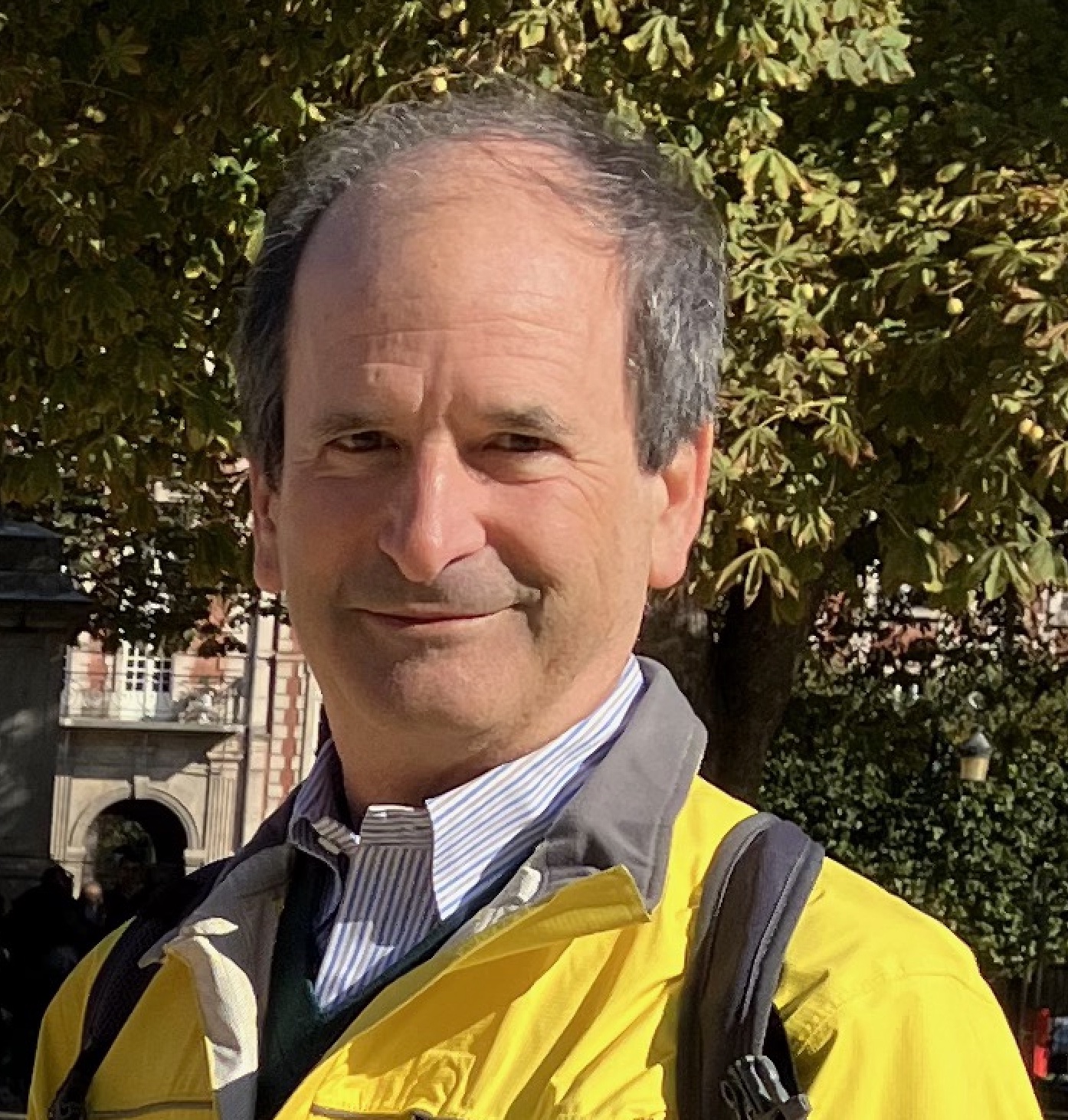
In memoriam: David Dichek
Dr. David Dichek graduated Phi Beta Kappa with a bachelor's degree in Romance languages and literatures from Princeton University and received his medical degree from the University of California, Los Angeles. He was an internal medicine resident at Massachusetts General Hospital and a clinical fellow in cardiology at Johns Hopkins Hospital in Baltimore.
He served as head of the Cardiovascular Gene Therapy Unit at the National Heart, Lung, and Blood Institute before joining the faculty at the University of California, San Francisco in 1994. In 2001, he joined the University of Washington as a professor, associate director of research in the Division of Cardiology and the John L. Locke, Jr. Family Endowed Chair in Cardiovascular Research and Treatment. He also held an adjunct appointment in the Department of Lab Medicine and Pathology.
Dichek had a clinical practice in general cardiology and an internationally known research program that focused on gene therapy for cardiovascular disease and molecular mechanisms of aortic aneurysm formation and atherosclerotic plaque rupture.
He recently expressed his thoughts on running a research lab, writing manuscripts, and life outside of work in a post for the Arteriosclerosis, Thrombosis, and Vascular Biology blog, ATVB_net.
Beyond his own research contributions, he cared deeply about mentoring scientists at all levels including being the director of NHLBI-supported T32 Program in the Division of Cardiology for more than two decades.
He was recognized by his peers with numerous honors and awards. Most recently, he received the 2023 Special Recognition Award in Vascular Biology given by the Arteriosclerosis, Thrombosis, and Vascular Biology Council of the American Heart Association and the 2022 UW Undergraduate Research Mentor Award.
“David has been an integral part of our Cardiology Division for decades, always with a clear eye towards quality research and clinical care,” said Interim Cardiology Division Head Dr. Jordan Prutkin. “He touched all our lives, and I extend my deep condolences to his family and those who knew him best.”
He was fluent in French, which served him well on his yearly bike trips to France with his family, often following the course of the Tour de France. He is survived by his wife Helen, a pediatric endocrinologist at the University of Washington and son Daniel, an engineer who is currently working in New Zealand.
Details about a memorial service will follow.